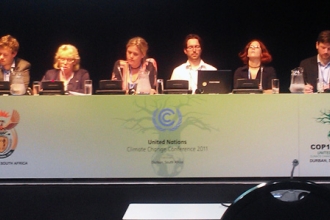Effects of Deforestation on household Time Allocation among the Rural Agricultural Activities: Evidence from Central and Southern Tanzania
Trees in forested and agricultural landscapes are particularly important because they provide high values of environmental services and biodiversity. In this proposed study we want to establish the

